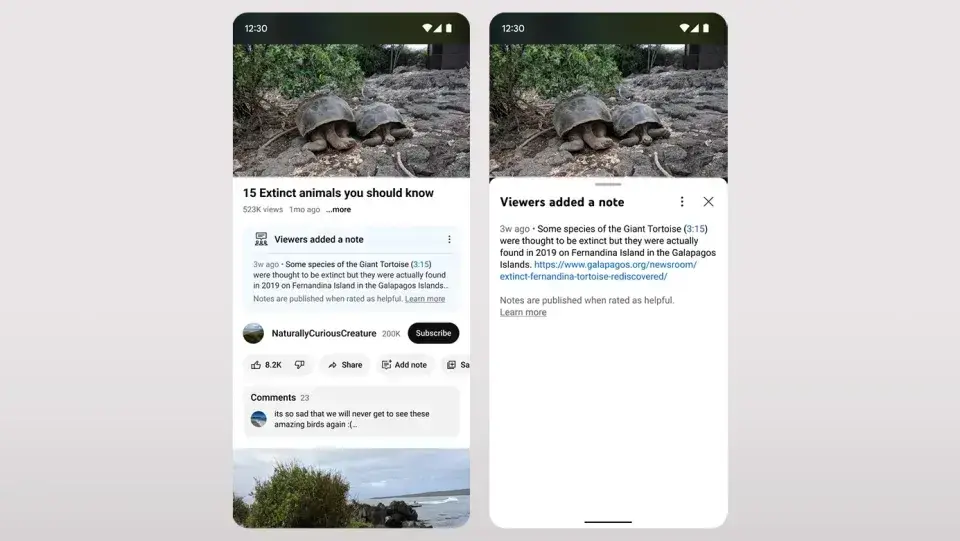Meta has announced a significant overhaul of its content moderation approach for Facebook, Instagram, and Threads. The company is returning to its initial aim of promoting freer expression among users. They will be eliminating their third-party fact-checking system in the U.S. and introducing a new community notes feature, inspired by X’s model.
New Community Notes System
Mark Zuckerberg, the CEO of Meta, pointed out that the existing moderation framework has resulted in too many posts being removed—estimations suggest that 10-20 percent of these removals could be errors. The revamped community notes feature will require feedback from users holding diverse perspectives before adding any extra context to posts, which is expected to reduce potential bias in the moderation process.
Changes to Content Rules
The adjustments extend beyond just fact-checking. Meta will also remove restrictions on discussions surrounding topics such as immigration and gender identity. In future, the automated moderation system will primarily focus on identifying illegal content and serious violations, including terrorism, child exploitation, drug-related posts, fraud, and scams. Less urgent issues will not be flagged unless users bring them to attention.
Relocation of Teams and Political Content
In a significant shift, Meta is relocating its Trust and Safety and Content Moderation teams from California to Texas and other locations across the nation. They are also revising how they manage civic topics, which have been limited since 2021. The platform plans to provide users with more personalized political content based on their interactions, such as clicks and reactions. These updates are anticipated to be implemented in the U.S. over the next few months.
These alterations represent the most substantial change in Meta’s policies since the initiation of the fact-checking program in 2016, and they could potentially impact how billions of individuals engage with and share content on Meta’s social media platforms.
Source: Link


